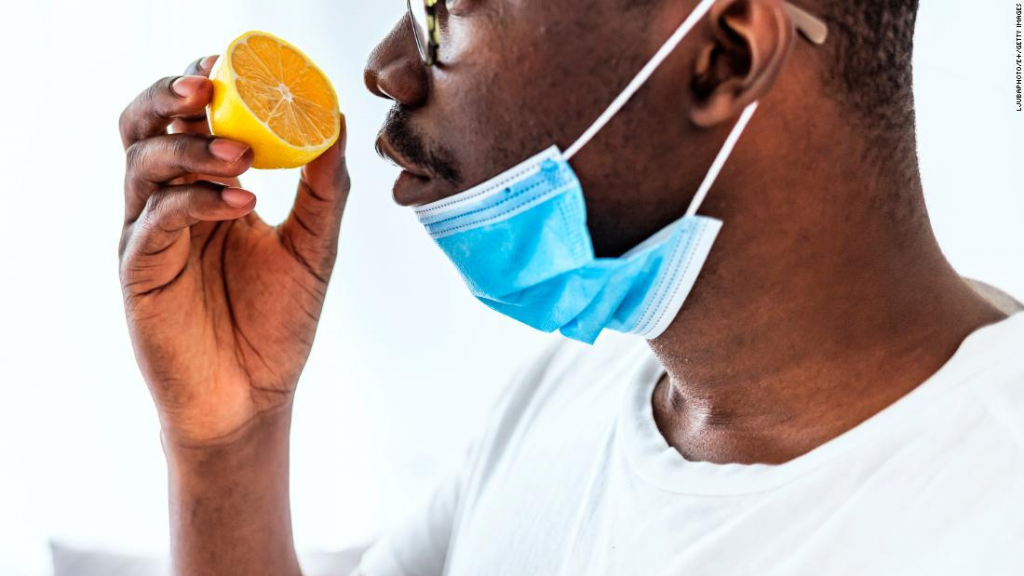COVID-19 can affect your sense of smell and sometimes it doesn’t properly return. Research has come up with an explanation for this.
The SARS-CoV-2 infection leads to an ongoing immune system attack on the nerve cells in the nose, the new study states, and there’s then a decline in the number of those nerve cells. This reduces their sense of smell.
“Fortunately, many people who have an altered sense of smell during the acute phase of viral infection will recover smell within the next one to two weeks, but some do not,” says neurobiologist Bradley Goldstein from Duke University in North Carolina.

“We need to better understand why this subset of people will go on to have persistent smell loss for months to years after being infected with SARS-CoV-2.”
The team studied nose tissue samples – olfactory epithelium – taken from 24 people, including nine experiencing a long-term loss of smell after having COVID-19.
They observed the widespread presence of T-cells, which were driving an inflammatory response within the nose.
T-cells apparently do more harm than good and damage the olfactory epithelium tissue.
“The findings are striking,” says Goldstein. “It’s almost resembling a sort of autoimmune-like process in the nose.”
The number of olfactory sensory neurons was lower in the study participants who had lost their sense of smell. The researchers report that some neurons might be able to repair themselves even after the T-cell bombardment.

Similar inflammatory biological mechanisms could be the reason for other symptoms of long COVID, including excessive fatigue, shortness of breath, and a ‘brain fog’ that makes it difficult to concentrate.
The team will look further into the particular tissue areas that get damaged, and which types of cells are involved.
“We are hopeful that modulating the abnormal immune response or repair processes within the nose of these patients could help to at least partially restore a sense of smell,” says Goldstein.
The research has been published in Science Translational Medicine.


